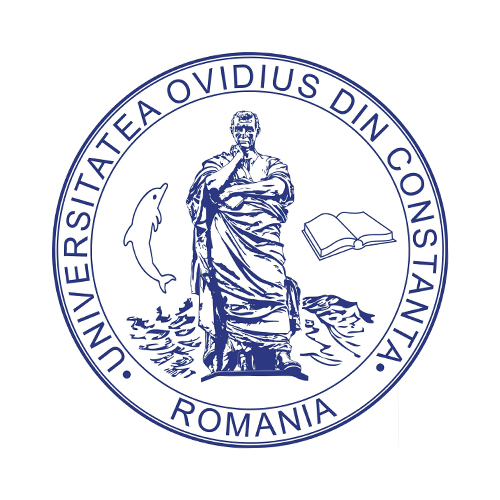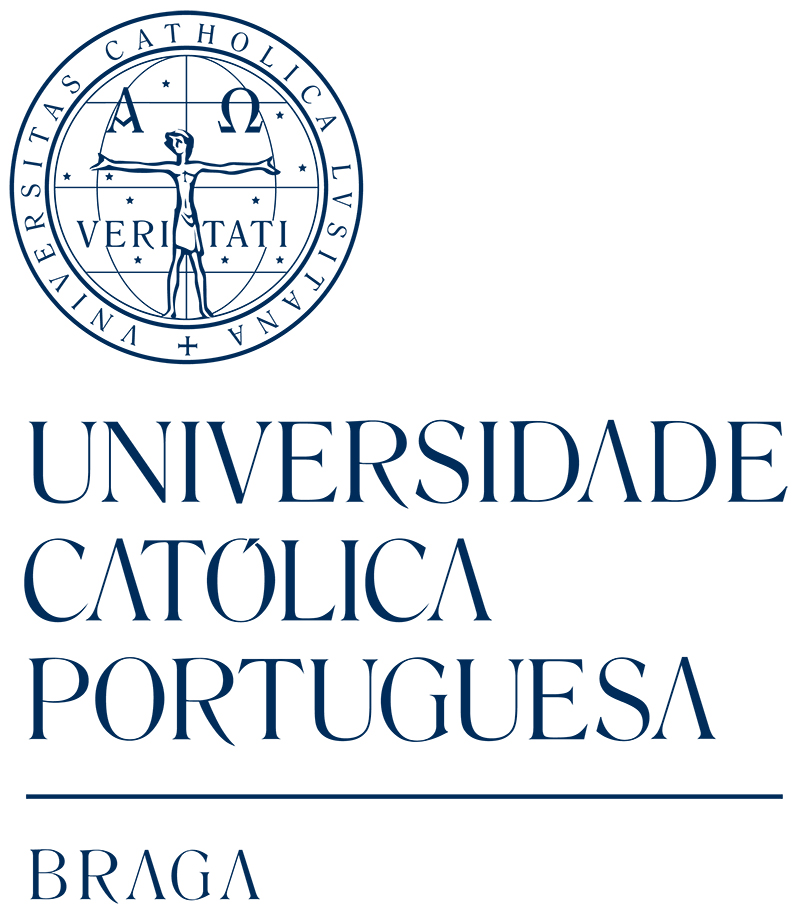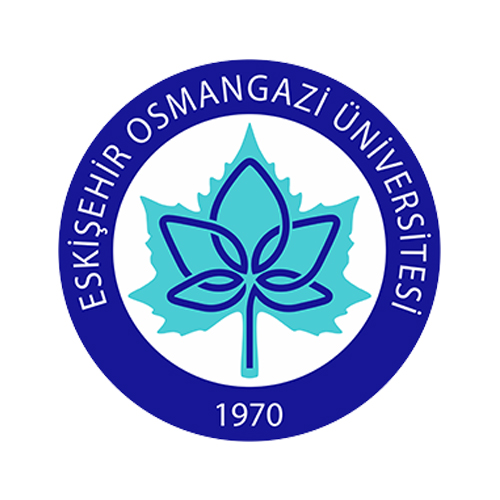Partners
Universitatea Ovidius din Constanța - RO
Ovidius University of Constanta (OUC), the largest European Black Sea University, was founded in 1961. In 1990, it became a multidisciplinary university with numerous curricula covering all three levels. The mission of OUC is to create, maintain and distribute knowledge to society through education, scientific research and artistic creation at European standards. The vision of the university is to be recognized as a regional leader in higher education and scientific research, to be the first option in the preferences of students from the entire area of the Black Sea and beyond.
The university is an Eastern gateway to Europe and aspire to attract a greater number of Romanian and international students, but also professors and researchers of the most gifted. This strives to achieve the highest European standards in the quality of education programs at all three cycles of modern study, to prepare graduates for the competitive labor market in Romania, the E.U. and worldwide. The OUC intend to become a pole of excellence in education and research. It wishes to generate advanced knowledge through scientific research, technological development and innovation in various fields of human activity, in partnership with national and international prestigious institutions. The institution wishes to take advantage of the environment so open in terms of ethnicity, religion and culture as resource of expertise gained within the university, to spread the light of freedom of thought and expression, human rights and social equity across the Black Sea area and beyond.
The OUC became part of the European Higher Education Area, starting with the academic year 2005-2006, when it implemented the Bologna process, offering diplomas recognized both in the E.U. and beyond. The teaching activities aim at both delivering specialized information and at stimulating students and finding solutions to improve society and its future. Creativity, initiative, perseverance, earnest are qualities cultivated and constantly sustained by the efforts of the univeristy professors. The university is permanently reviewing and reconfiguring the study programs and the teaching methods, placing the students at the center of its concerns. The objective of the learning process is for students to acquire both the specific competencies of the study program followed, as well as transversal skills, to be able to meet the requirements of a globalized and increasingly competitive labor market.
From the point of view of the educational offer, the OUC presents a great diversity and flexibility of study programs. The university is multidisciplinary, ensuring students training through programs covering all levels of education, from undergraduate to masters and PhD. and various pedagogical training courses, courses for vocational training, Teaching Grades Residency, etc.. The areas of study cover a very wide range, from Medical Studies to Engineering, from Humanities to Sciences, from Natural Sciences to Economics and Law, from Arts to Theology. Currently, the University has 16 faculties, 79 bachelor’s degree programs, 57 master`s programs and 5 Doctoral Schools in 8 domains of study, and a Department for Teacher Training.
Inforef - BE
INFOREF is a not-for-profit organisation founded in 1987.
Its staff of 11 people is specialised in ICT for educational purpose and in European project writing and management (Erasmus+, Lifelong Learning Programme, Europe for Citizens…). It creates websites and interactive material for educational purpose, trains teachers to use ICT in an educational context, and participates in European education projects.
It has partnerships with numerous institutions in Belgium and Europe (schools of all levels, universities and colleges, public authorities, associations, companies…).
Universidade Católica Portuguesa - PT
Faculty of Philosophy and Social Sciences of the Catholic University of Portugal (FFCS – UCP, from the Portuguese Faculdade de Filosofia e Ciências Sociais da Universidade Católica Portuguesa) inherited the history and tradition of the Faculty of Philosophy - the oldest university in the city of Braga, founded in 1947, signal of the centuries-old presence of the Society of Jesus in Higher Education -, in dialogue with social sciences. In 1967 joined the Portuguese Catholic University, as its first faculty.
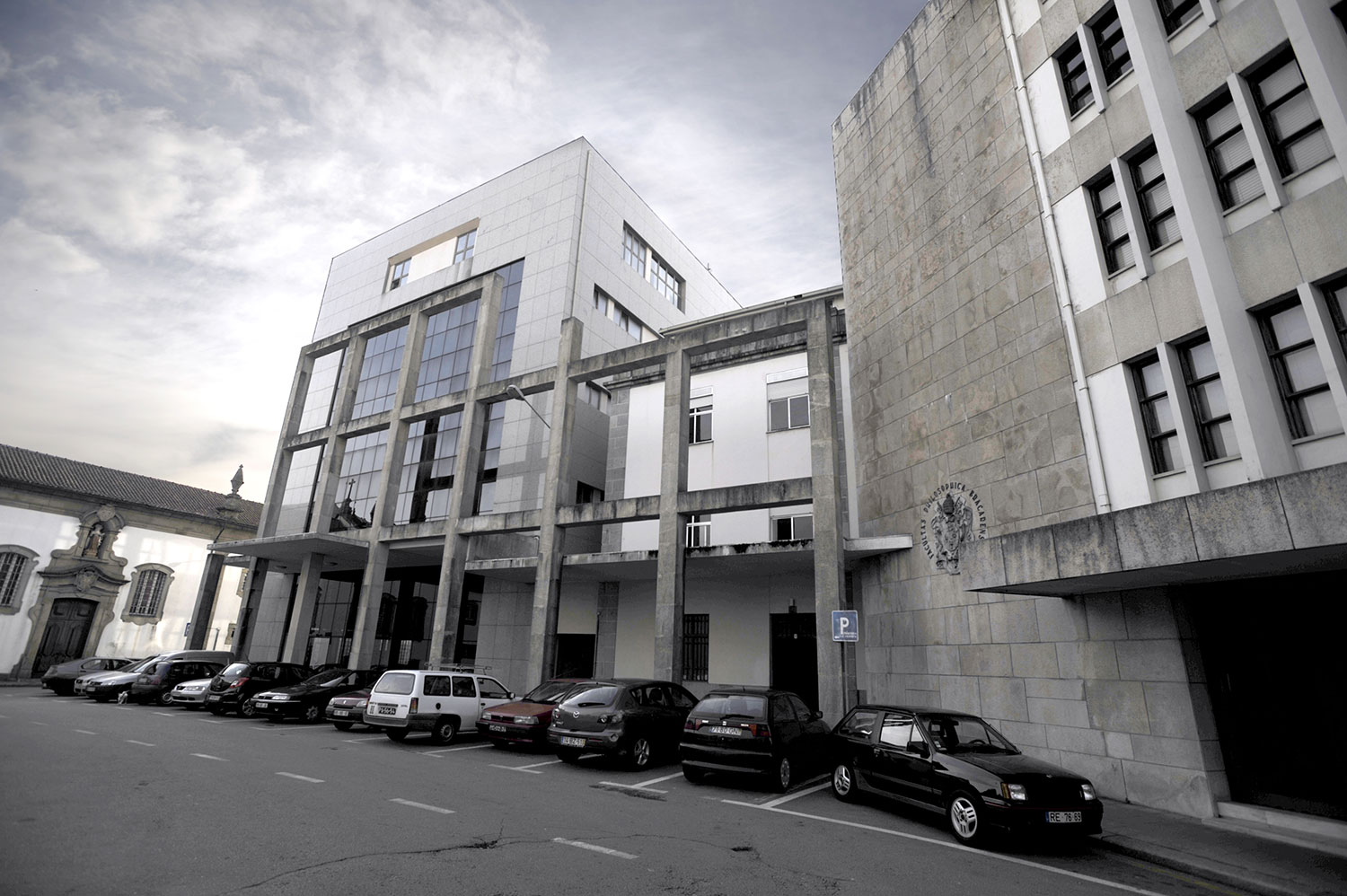
In its present configuration, the Faculty offers seven undergraduate courses: Philosophy, Portuguese and Spanish Studies, Information and Communication Technologies, Psychology, Social Service, Communication Sciences and Tourism. At graduate training we can highlight the tradition in master’s degrees in Psychology and Educational Sciences between the fifteen master’s degrees and four PhD courses. The courses are featured by a sense of community and social responsibility instilled during teaching-learning practices and extracurricular opportunities. The courses offer several possibilities to interact with the community, to develop professional and personal skills, and to understand theory-research-practice articulations.
Most Teachers and Researchers of the Faculty are integrated in the Institution Research and Development Centre, the Centre for Philosophical and Humanistic Studies (CEFH). It was established in 2007 as a result of the fusion of two research units, namely the older Centre for Philosophical Studies and the Centre for Humanistic Studies. CEFH is a challenge-based interdisciplinary research centre aimed at enhancing the production of knowledge at the intersection of philosophy, linguistics, literary studies, and psychology. CEFH aims at promoting and developing multidisciplinary research on the relationship between Person, Nature and Society, relying on the joint collaboration and reflexivity among the members. The long tradition of philosophical and humanistic research in the Faculty, the incorporation of new research areas such as Cognitive Sciences and Psychology, and the multidisciplinary profile characterize the position of the CEFH in the national and international scenes. CEFH is a Research and Development Centre recognized and funded by the Portuguese Foundation for Science and Technology with good evaluation. Apart of the public funding, it manages resources of autonomous projects in humanities and psychology field. Results of the research activities have been published in national and international journals as well as shared in national and international scientific events.

Eskişehir Osmangazi Üniversitesi - TR
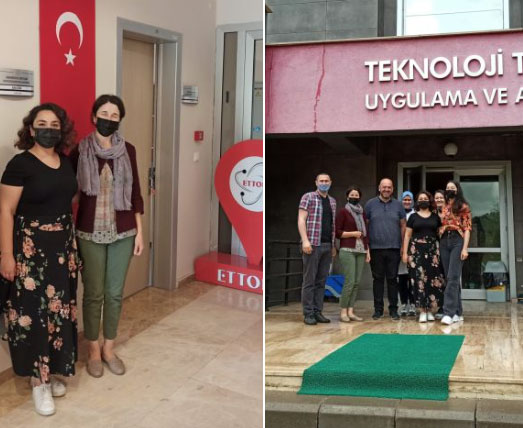
Although the official establishment of Eskişehir Osmangazi University (ESOGU) is dated 1993, the foundations have its roots in the foundation of Eskişehir State Engineering and Architecture Academy in 1970. Located in central Anatolian city Eskişehir, where is a center of attraction for students every part of the country, ESOGU has 12 faculties, 4 vocational schools and 4 graduate schools ESOGU serves more than 30.000 students.
Eskişehir Osmangazi University accepted values and principles of the contemporary European university education. The University is committed to the establishment of institutional quality management system, as well as building the organizational culture of quality, which will ensure the functioning of the continuous monitoring, assessment, assurance and quality improvement in all areas of the University and its faculties.
International cooperation as a priority activity of ESOGU is based on the establishment and development of cooperation with foreign universities and international organizations dealing with higher education. ESOGU obtained the Erasmus Charter in 2005 after the Turkey’s membership to the EU Education and Youth Programs and started to exchange students under the Erasmus Exchange program in 2005. Eskişehir Osmangazi University has a network of inter-university cooperation and so far has signed many bilateral cooperation agreements with more than 100 universities around Europe and also other countries from different parts of the world. ESOGU recognizes that one of the main factors behind the success in education is getting internationalized by providing new opportunities and contributing in personal development via international cooperation.
In addition to education, research is also another important mission of the ESOGU, implemented through fundamental, integrated, interdisciplinary, developmental and applied research schemes. Research projects are mostly funded by TUBİTAK (The Scientific And Technological Research Council of Turkey). ESOGU also has an office for funding scientific research projects of the students and academics by using ESOGU’s equity.
Bearing in mind that the importance of cooperation between the academic and business communities is undeniable, ESOGU seeks through the work of the Technology Transfer Office to establish contact with representatives of local and national companies and businesses in order to foster further R&D project as well as create values that will be benefited by students, academics and business world.
Eskişehir Osmangazi University;
- Read the Universe with questions aimed at truth and usefulness; searches for local, regional, global and universal answers that individuals, societies, and nature may exist in harmony; produces information. It transmits and disseminates the existing and produced information; gives training.
- Works on all types of knowledge and ways to obtain knowledge; It uses the methodology in the scientific sense to produce scientific knowledge in all its methods, and evaluates other types of information and knowledge by evaluating them within their historical experiences.
- While taking, processing, producing and transferring information, it takes into account not only the solutions developed and presented by the dominant world, but also the dynamics of culture and civilization of other geographies and the geography they exist. It is in the effort of knowledge and education aiming at the benefit of all humanity, which is non-passive, efficient, and original.
- Is an art, culture, idea and moral environment where all ideas and problems are freely discussed by the teaching staff and the students.

